Take heart, juvenile delinquents everywhere: there walks among us one of your kind who parlayed his street savvy into nothing less than crafting a new Memphis Sound. You can learn all about that and more this Monday, October 16th at 7 p.m., when author Robert Gordon sits down to chat with Nix about his life in music. It’s part of Gordon’s ongoing series of listening parties at the Benjamin L. Hooks Central Library, in which he curates playlists of songs by the likes of Steve Cropper, Al Kapone, IMAKEMADBEATS, Boo Mitchell, and others with the artists themselves, using the music as a jumping-off point for discussions of their craft.
Nix’s name may not be as familiar as those others to some, but he’s played a pivotal role in Memphis music ever since he was a student at Tech High School, “where the delinquents were transferred and taught a trade before they flunked out completely,” as Gordon writes in It Came from Memphis. That was when he played sax with a group that included Cropper, Duck Dunn, Charlie Freeman, and Packy Axton: The Royal Spades. Axton’s mother Estelle was busy starting up a new business called Satellite Records, and when she facilitated a recording session for the group, she prevailed upon them to change their name to the Mar-Keys.
That session would yield the instrumental track “Last Night,” which was a shot across the bow of pop music, an R&B smash hit by a bunch of white kids that would presage the integration championed by Satellite, as it soon morphed into Stax Records.
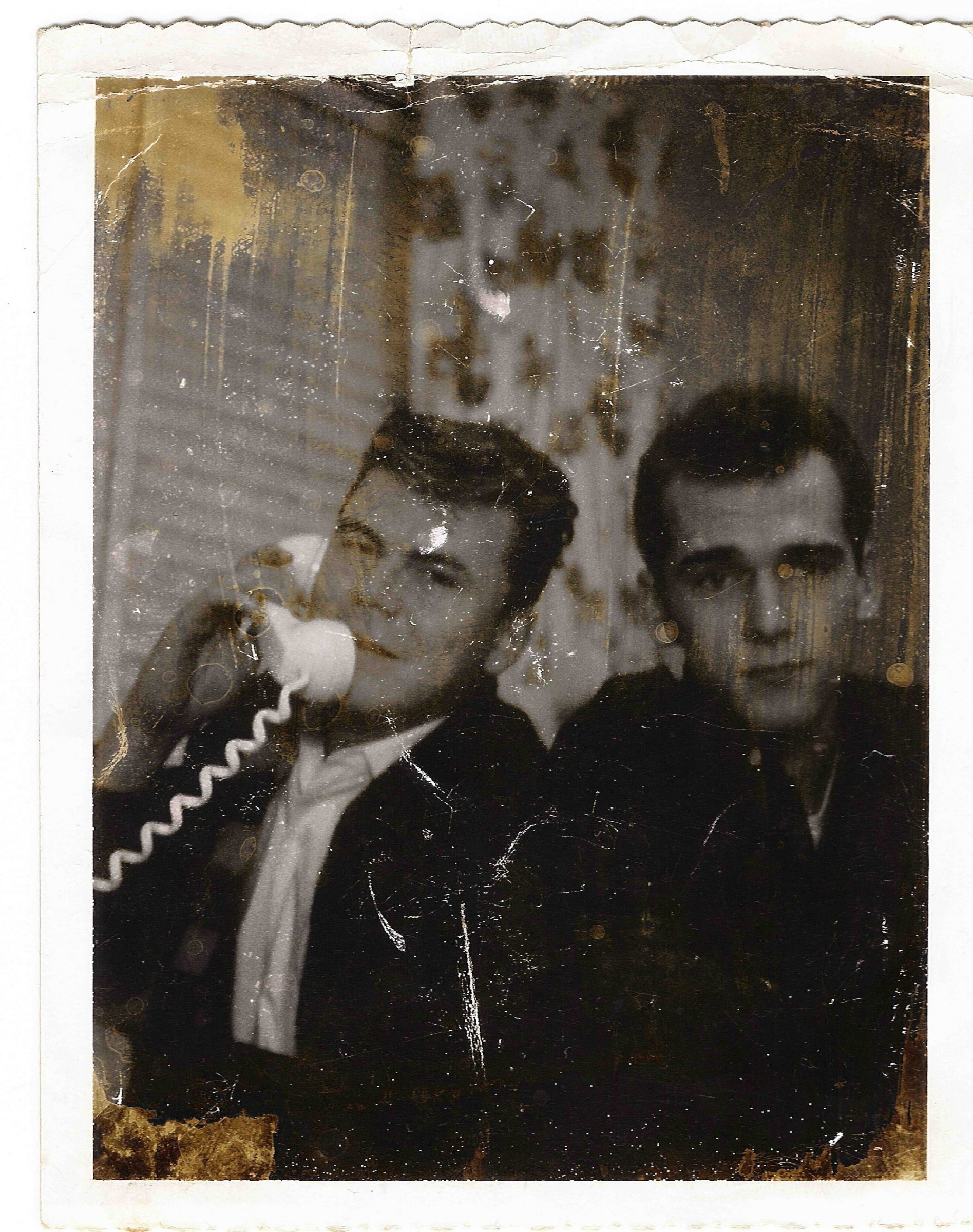
But Nix was destined to be more of a behind-the-scenes player. As he told Gordon in It Came from Memphis, “I didn’t play on any sessions after a certain point. Not after they got good musicians to play … Eventually, I was producing, and that’s all I ever wanted to do. I wanted to write and to put records together in the studio.”
He embraced that role with aplomb, eventually working as a producer, arranger, and musician for artists as diverse as Furry Lewis, Albert King, Isaac Hayes, the Staple Singers, Jeff Beck, Brian May, Eric Clapton, and many others. His song, “Going Down,” originally recorded by the band Moloch in 1969, has become a rock standard covered by Freddie King, Jeff Beck, Deep Purple, JJ Cale, Stevie Ray Vaughan, the Who, Led Zeppelin, and others. The Rolling Stones performed “Goin’ Down” as recently as 2012 on a televised live concert with John Mayer and Gary Clark, Jr.
Now 82, Nix has decades of stories to share. He was the one member of the Mar-Keys “who could draw the crowds because he was so completely entertaining to watch,” writes Gordon. That instinct for entertaining, and a story well-told, hasn’t left him.
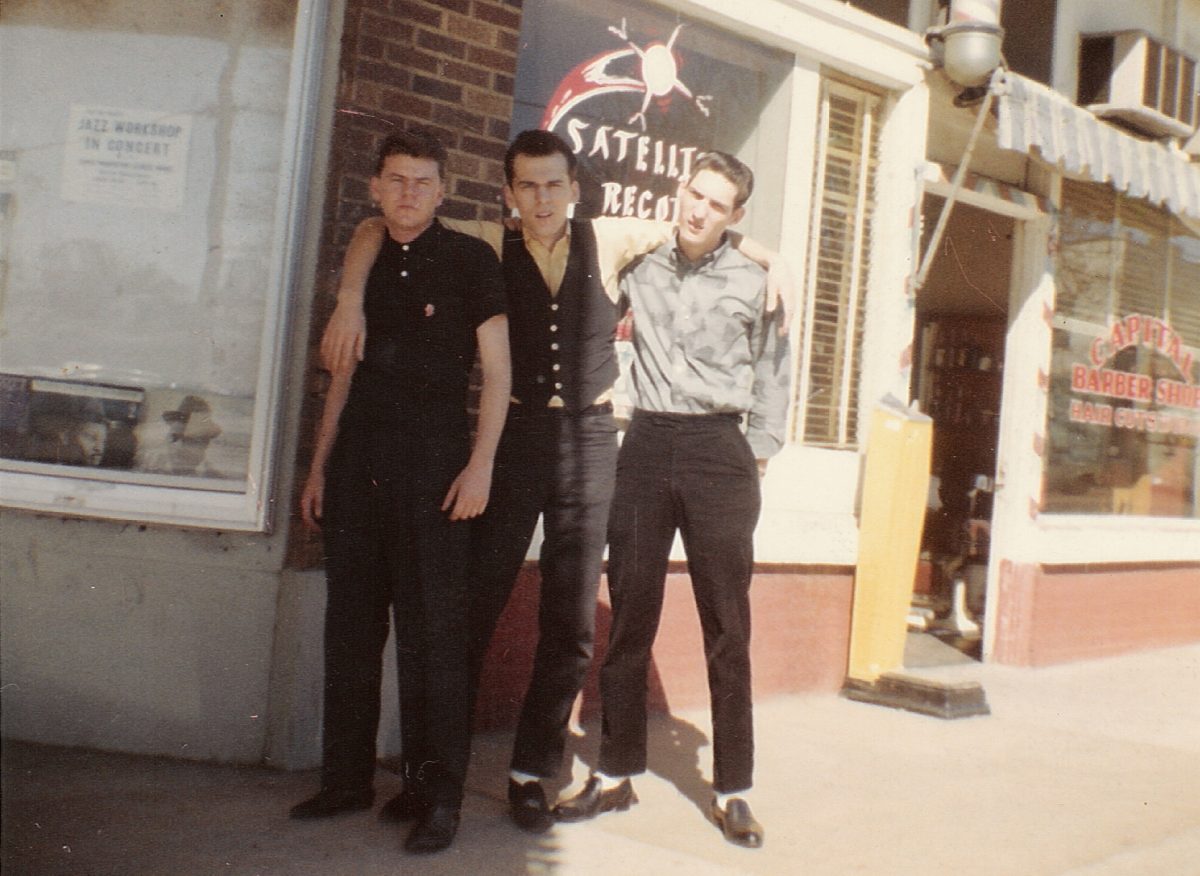

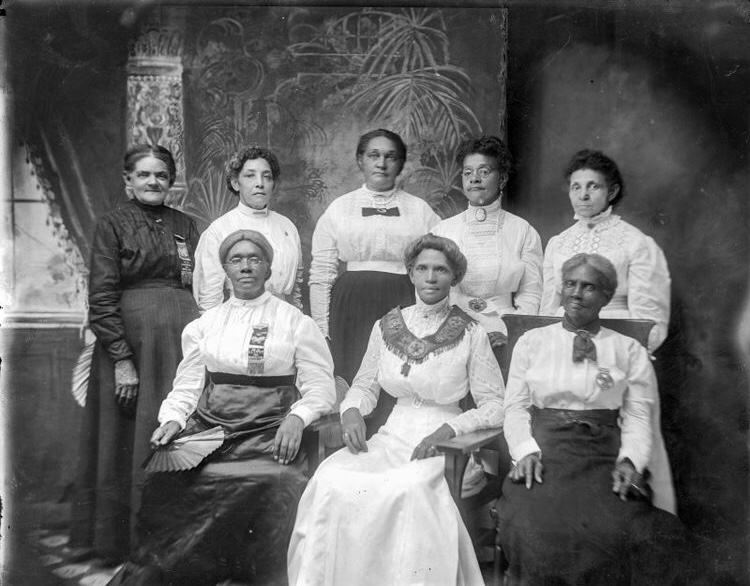
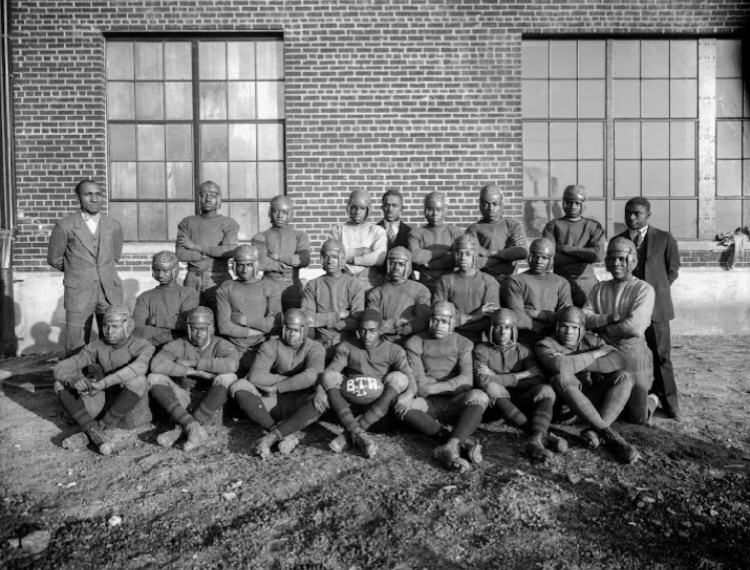
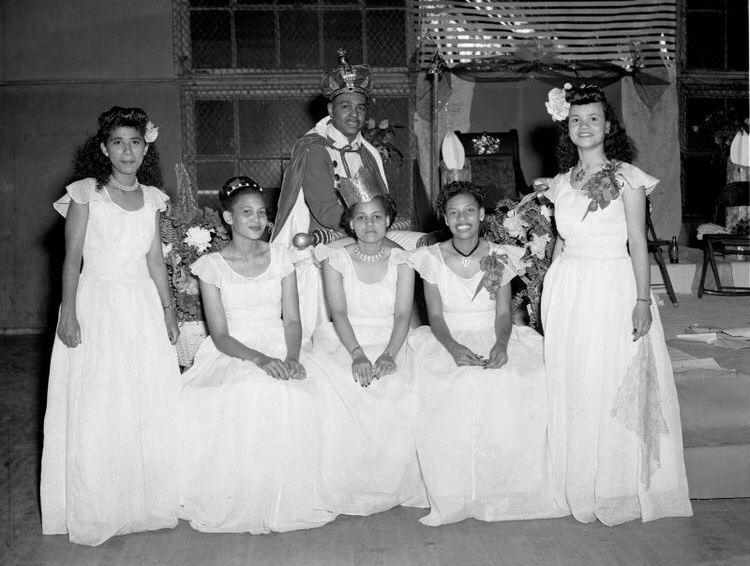

 Courtesy Memphis Music Hall of Fame
Courtesy Memphis Music Hall of Fame 
 Toby Sells
Toby Sells  Stephanie White
Stephanie White  Stephanie White
Stephanie White